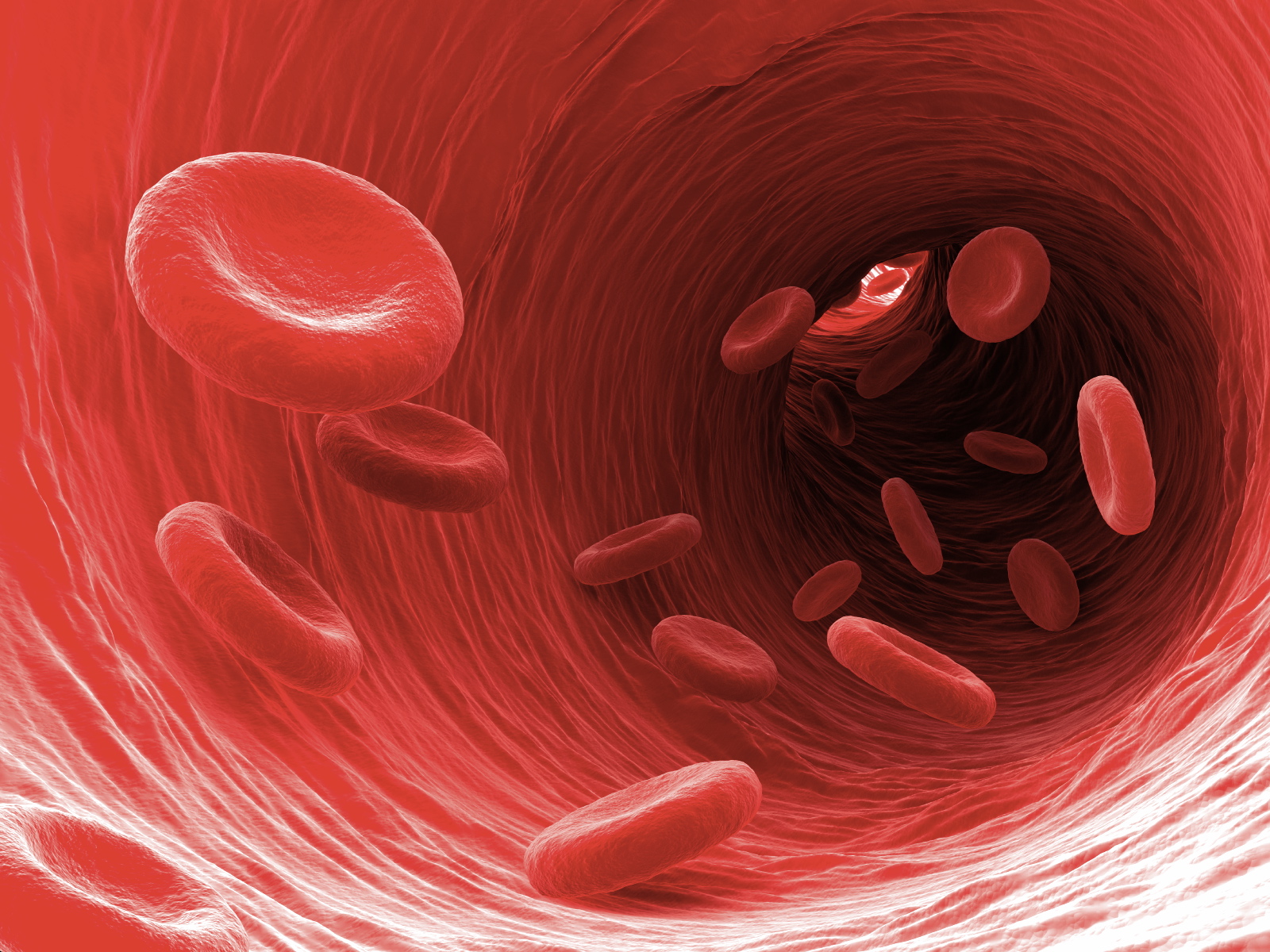
The COVID-19 pandemic brought mRNA vaccines into the limelight. But the technology may also prove to be a powerful weapon against hard-to-treat cancers.
Molly Cassidy was studying for the Arizona bar exam in February 2019 when she felt an excruciating pain in her ear. The pain eventually radiated down through her jaw, leading her to discover a bump under her tongue. “I had several doctors tell me it was stress-related because I was studying for the bar and I had a 10-month-old son,” recalls Cassidy, who also has a Ph.D. in education. After continuing to seek medical care, she found out that she had an aggressive form of head and neck cancer that required intensive treatment.
After doctors removed part of her tongue along with 35 lymph nodes, Cassidy went through 35 sessions of radiation concurrent with three cycles of chemotherapy.
Ten days after she completed treatment, Cassidy noticed a marble-like lump on her collarbone. The cancer had returned—and with a vengeance: It had spread throughout her neck and to her lungs. “By that point, I was really out of options because the other treatments hadn’t worked,” says Cassidy, now 38, who lives in Tucson. “In the summer of 2019, I was told my cancer was very severe and to get my affairs in order. I even planned my funeral.”
When doctors removed the tumor from her collarbone, they told her that she might be eligible to join a clinical trial at the University of Arizona Cancer Center that was testing an mRNA (messenger ribonucleic acid) vaccine, similar technology to the Pfizer and Moderna COVID-19 vaccines—in combination with an immunotherapy drug to treat colorectal and head and neck cancers. Whereas the COVID-19 vaccines are preventative, mRNA vaccines for cancer are therapeutic, and Cassidy jumped at the opportunity to participate. “I was at the right place at the right time for this clinical trial,” she says.
Back when people first heard about Pfizer-BioNTech and Moderna’s COVID-19 vaccines, the mRNA technology behind them sounded like the stuff of science fiction. But while the mRNA approach seems revolutionary, long before anyone had heard of COVID-19, researchers had been developing mRNA vaccines to fight cancer, autoimmune diseases such as multiple sclerosis, and to protect against other infectious diseases, such as the respiratory syncytial virus.
“It’s not a new idea: What COVID has shown us is that mRNA vaccines can be an efficacious and safe technology for millions of people,” says Daniel Anderson, a leader in the field of nanotherapeutics and biomaterials at the Massachusetts Institute of Technology and a member of the Koch Institute for Integrative Cancer Research.
Currently, phase one and phase two clinical trials are recruiting participants or are underway to assess the efficacy, tolerability, and safety of therapeutic mRNA vaccines to treat various forms of cancer. These include melanoma, non-small cell lung cancers, gastrointestinal cancer, breast cancer, ovarian cancer, and pancreatic cancer, among others.
“One of the beauties of this technology is it can be used in people agnostic to their cancer type—it doesn’t matter if it’s a breast cancer or lung cancer as long as you can identify its mutations,” says Van Morris, a physician and an assistant professor of gastrointestinal medical oncology at the University of Texas MD Anderson Cancer Center in Houston who is leading a phase two clinical trial exploring the use of personalized mRNA vaccines for patients who have stage II or stage III colorectal cancer. “One of the exciting things is the adaptability of the technology based on a given cancer and the underlying biology of that cancer.”
Over the course of 27 weeks, Cassidy received nine injections of a personalized mRNA vaccine along with intravenous infusions of an immunotherapy drug called Pembrolizumab. She saw her doctor, Julie E. Bauman, deputy director of the University of Arizona Cancer Center, on a weekly basis at first then every three weeks; she also had regular CT scans. After each injection, Cassidy would spike a fever and feel wiped out—with fatigue and body aches and pains—for 24 hours. “My immune system was really flaring up, which is what we wanted to happen so it could fight the cancer,” she explains.
By the time the treatment concluded in October 2020, Cassidy’s CT scans were clean: There was no evidence of cancer in her body.
On a basic level, “what we’re trying to do with the mRNA vaccine for cancer is alert the immune system to the tumor so the immune system will attack it—it’s basically biological software,” explains John Cooke, a physician and medical director of the Center for RNA Therapeutics at Houston Methodist. “Vaccines are being developed against cancers where there’s not a very good solution right now or where the cancers are likely to metastasize.”
